Aging is a funny thing: As children, our parents think of nothing but ways to help keep us safe and protect us. But, as our parents get older, start slowing down, and start dealing with more health complications those roles become reversed.
But protecting your parents isn’t like protecting a child. It can be a sensitive topic that requires a lot of empathy and understanding on everyone’s part. The best thing to remember though is the sooner you take steps to help protect your aging parents, the safer they’ll be and the longer they’ll be able to live independently.
So where can you start?
Preventing falls and neutralizing hazards
87% of fractures in seniors is the result of a fall and one in ten people over the age of 65 falls each year (with that number only going up in the 70 and 80 age brackets). This means that one of the primary threats to your aging parents and one of the most likely things that may result in a loss of their independence is a fall. While there is no way to ensure your parents will never take a spill, you can help their chances by pre-emptively removing hazards and obstacles that are likely to cause tips and spills.
Look at their home and scrutinize it for risks. Loose railings, slippery steps on the stairs or porch, low furniture placed around corners or in areas of the home that see a lot of traffic – anything that could contribute to an accident. If they don’t already have wall-to-wall carpeting, it may be a worthwhile investment (especially if their home is getting on the old side and they want to spruce things up a bit anyway).
More ambitious improvements would involve eliminating the need to take risks. For example, if you can move the washer/dryer upstairs to the main floor so there is no need for frequent trips to the basement, that can help avoid accidents. Or if you can install a walk-in shower that is flush with the floor rather than a tub they need to step in and out of. Obviously large improvements like this will require planning and investment, but they can be well worth the effort if they help maintain your parent’s independence and dignity.
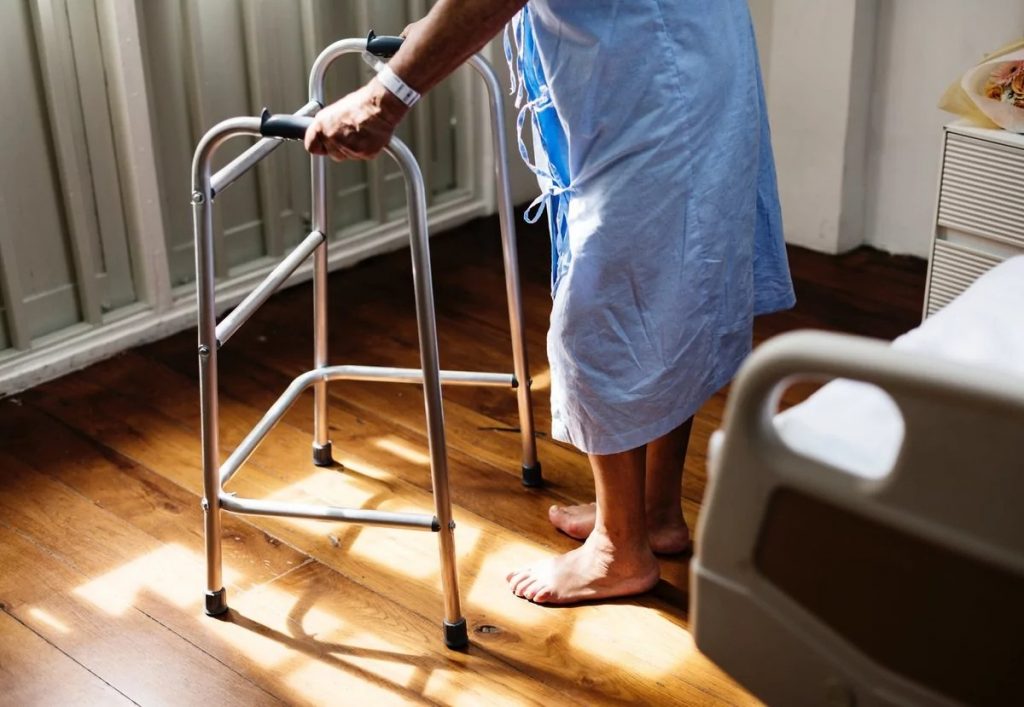
Plan for yard work and snow removal
One common cause of senior injury is accident or exhaustion while trying to perform chores. Clearing heavy snow or mowing a lawn in the summer heat can take a serious toll on the body, especially if there are any compounding health issues already present.
How you handle this will depend on how active and healthy your parents are. If they are still relatively capable and confident, you may consider making sure they have a snow blower to make snow removal easier and a self-propelling assisted mower. You can also suggest breaking lawn care into two different days, doing the front and back lawn separately instead of all at once. If they are less able, it may be time to investigate hiring a service to take care of those chores for them. Often, many seniors are fully capable of taking care of most home chores and just need help with a few of the more physically dangerous ones.
Security and confidence
Security can become a concern as your folks age. There are certainly statistics that show the elderly are targeted for criminal acts, so this is a practical concern. Just as often though, it can also be a matter of confidence and ease of mind. If your parents are feeling increasingly unsafe in their home because they feel like they can’t defend themselves like they used to, or in the unfortunate case where one partner passes early and they feel isolated, a security system can help calm those fears.
The same also applies in reverse. Knowing your parents have a medical alert system, a simple method of summoning emergency help in the case of an accident or injury can help set your mind at ease as well. These devices are generally designed to be worn like a bracelet or necklace, so they are always keep on hand. These systems offer 24/7 assistance, so you never need to worry about your parents slipping in the middle of the night, getting stuck at the bottom of a set of stairs, or any other nightmare scenario.
Regular check-ins can be helpful too. If you or your siblings live near your parents, having a schedule to go over to the house and check-in on them on a routine basis can both head off many potential issues and keep everyone feeling good. Trivial things like being there to change out a lightbulb or reset the modem for your parents can prevent injuries and help them lead comfortable, dignified lives. And with regular visits you can keep an eye on their condition and be sure they don’t need anything.
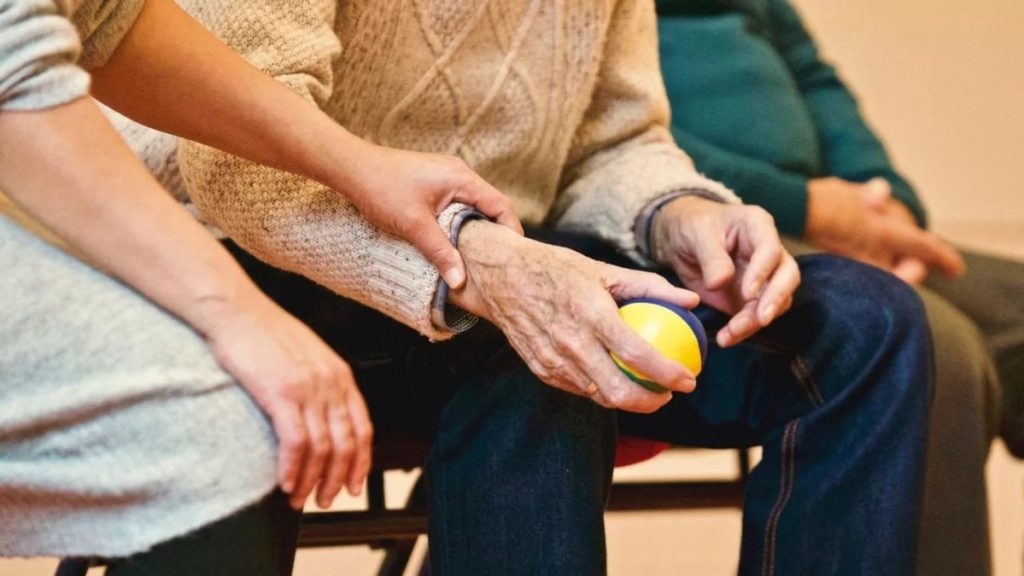
Paperwork and power of attorney
As your parents age, it’s important that they designate someone to act as power of attorney for them. This is especially vital in cases of dementia and Alzheimer’s where a person may not be able to make the best choices from themselves. The difference this kind of precaution can make when needing to respond to an urgent situation cannot be understated. If there is ever a time when your parents are incapacitated or otherwise unable to speak for themselves, having power of attorney set up ahead of time will allow you or another close family member to act on their behalf without delay.
It is also a good idea to review your parents’ finances, insurance policies, and any investments they may have. If the worst should happen and your parents fall victim to a stroke or serious injury, you need to know this information. Especially if you need to look at securing assisted home care or making the most to a nursing home. These conversations can be awkward, but they are best to get out of the way while your parents are healthy, capable, and of sound mind to make their wishes clear.


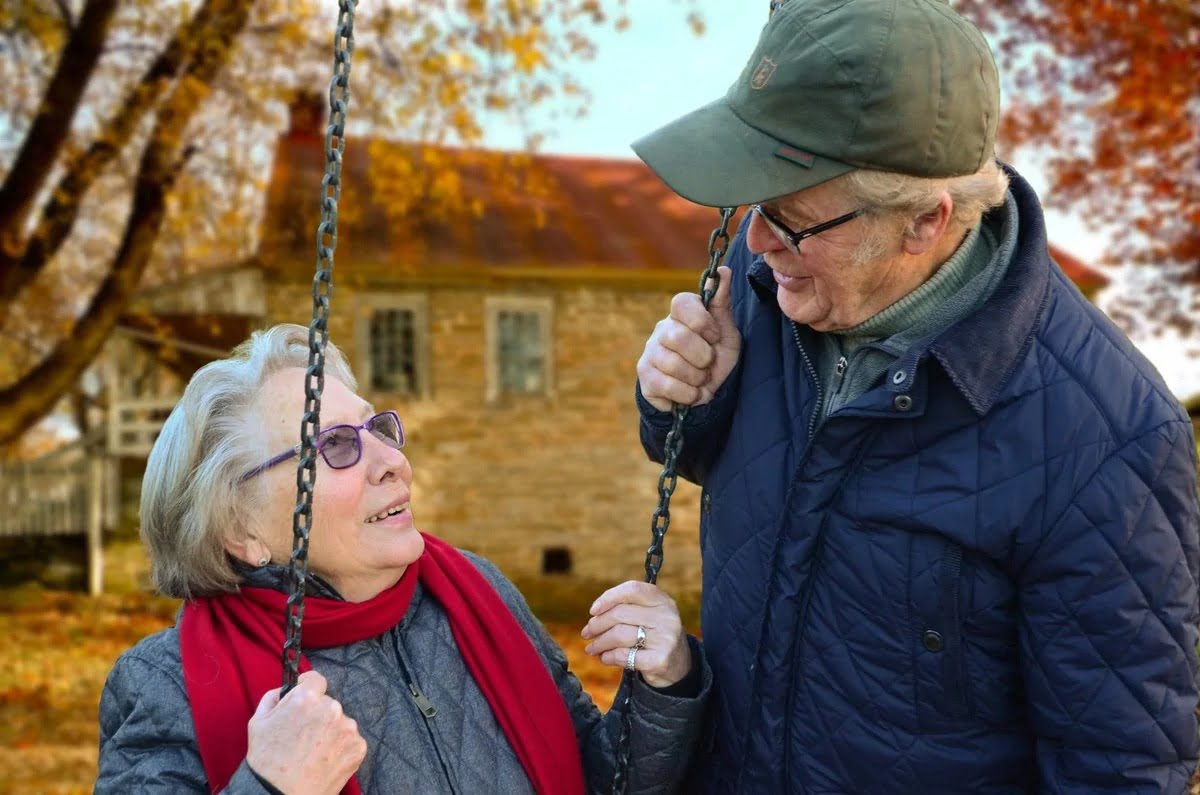


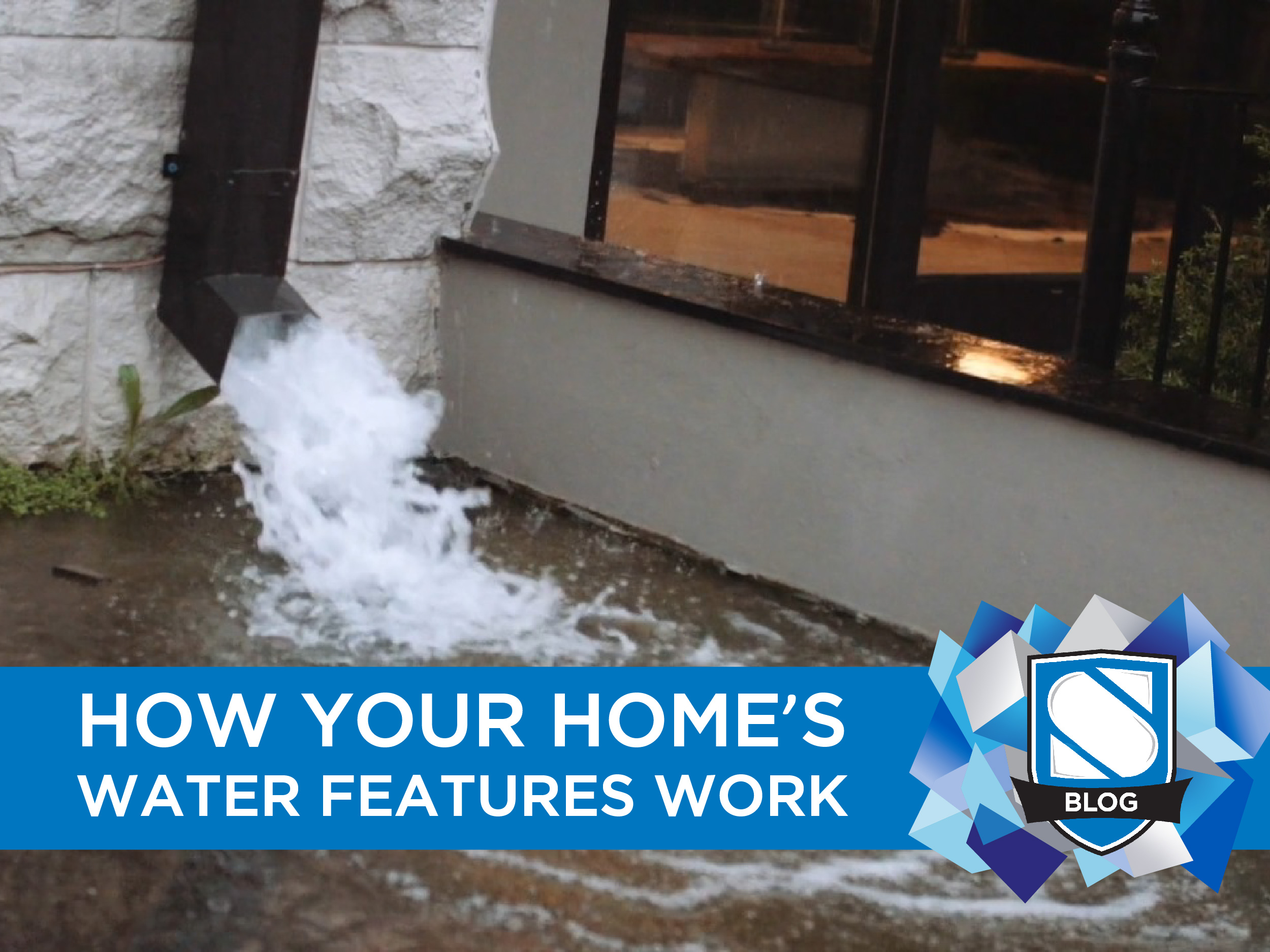
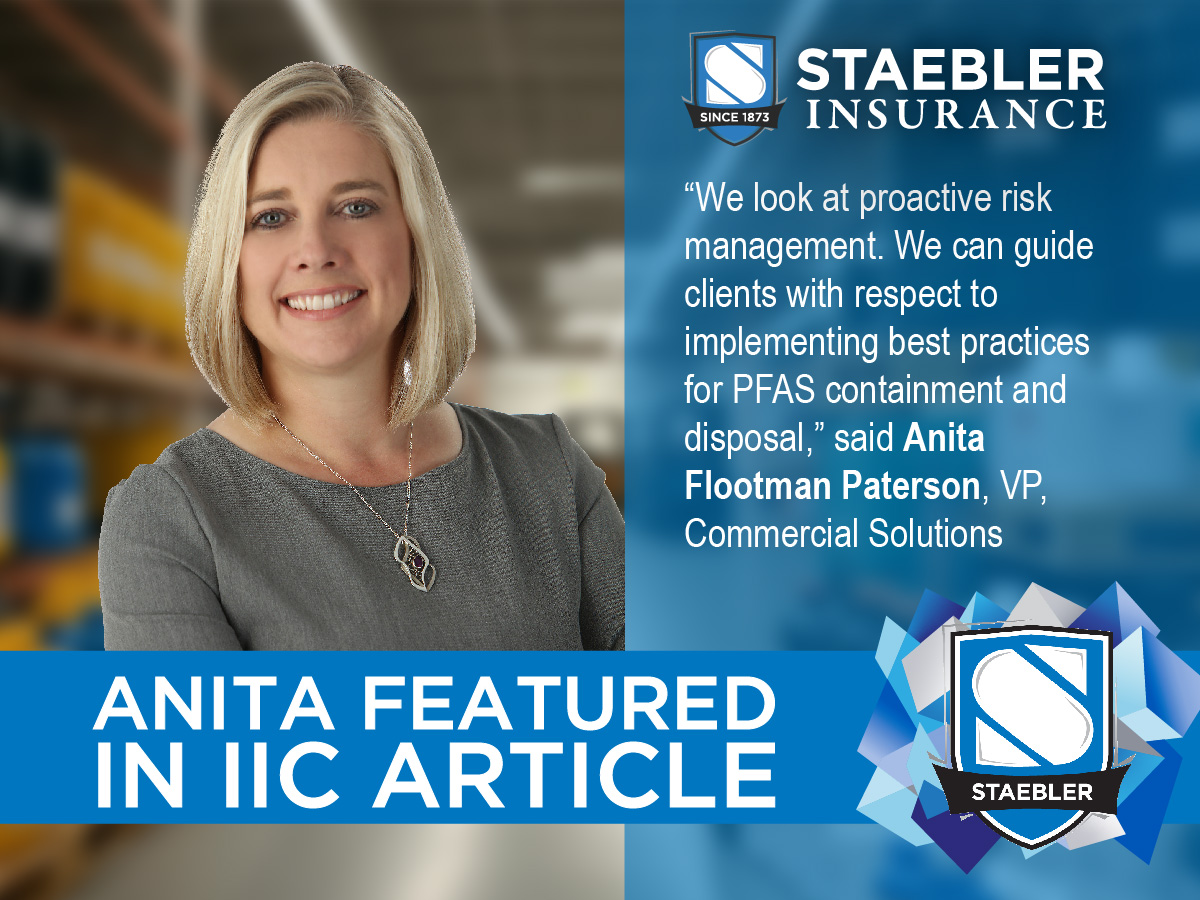
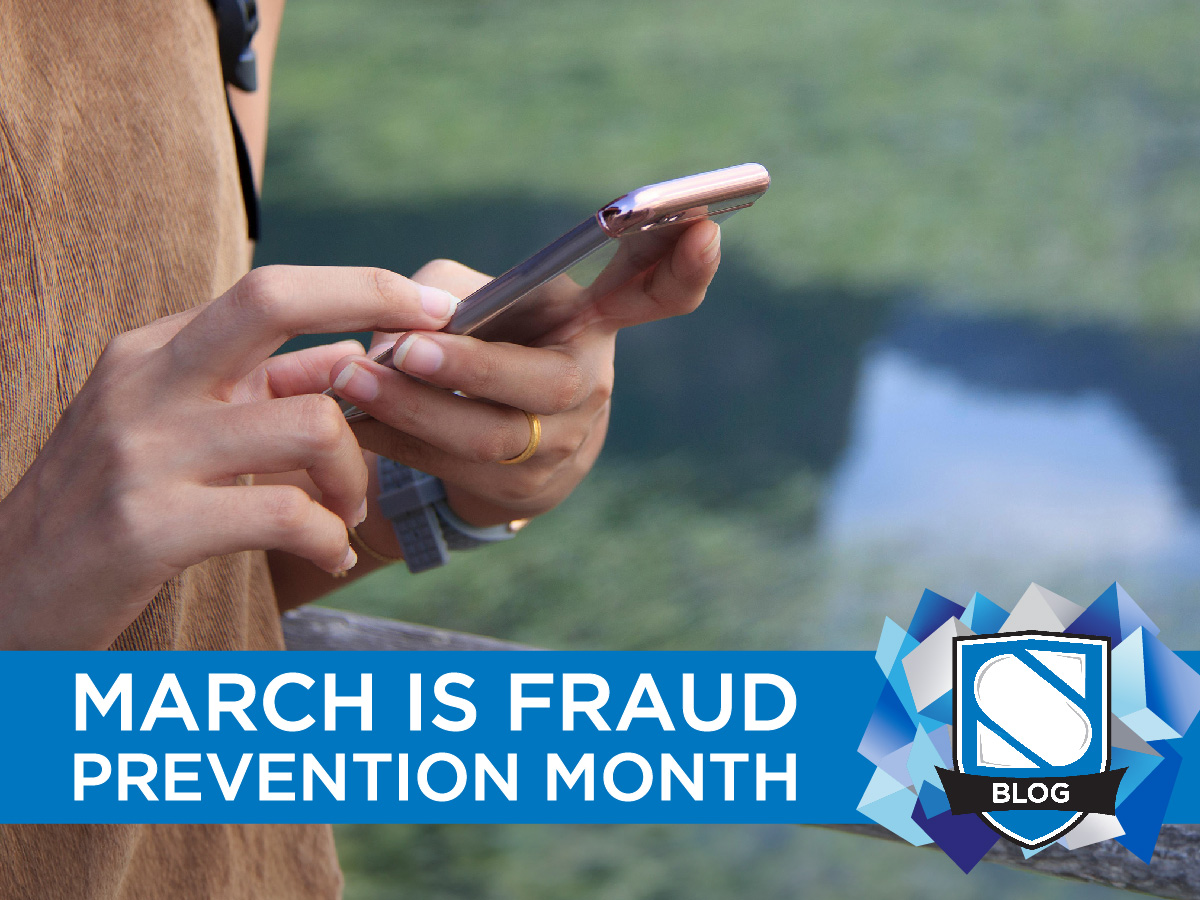

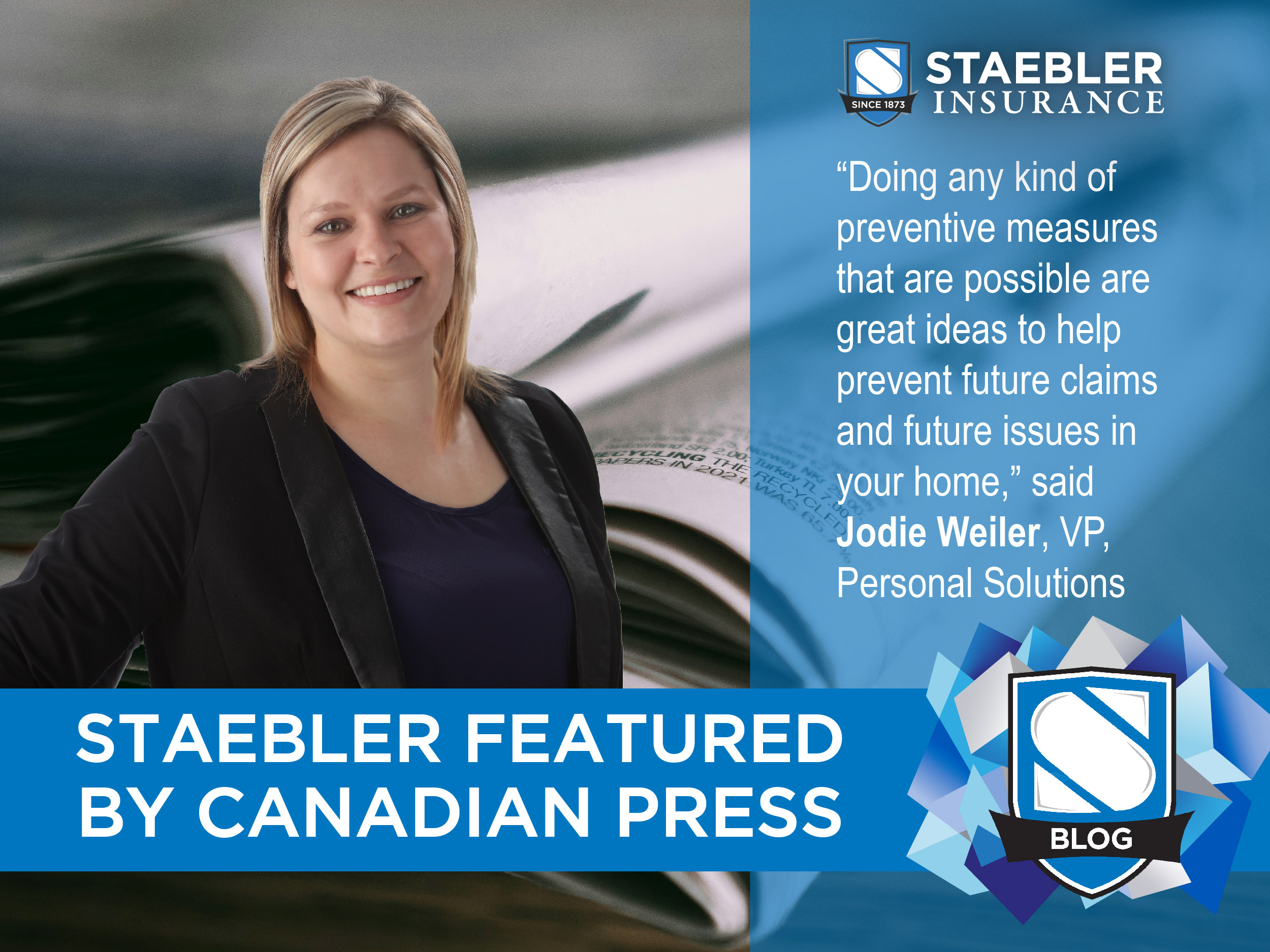

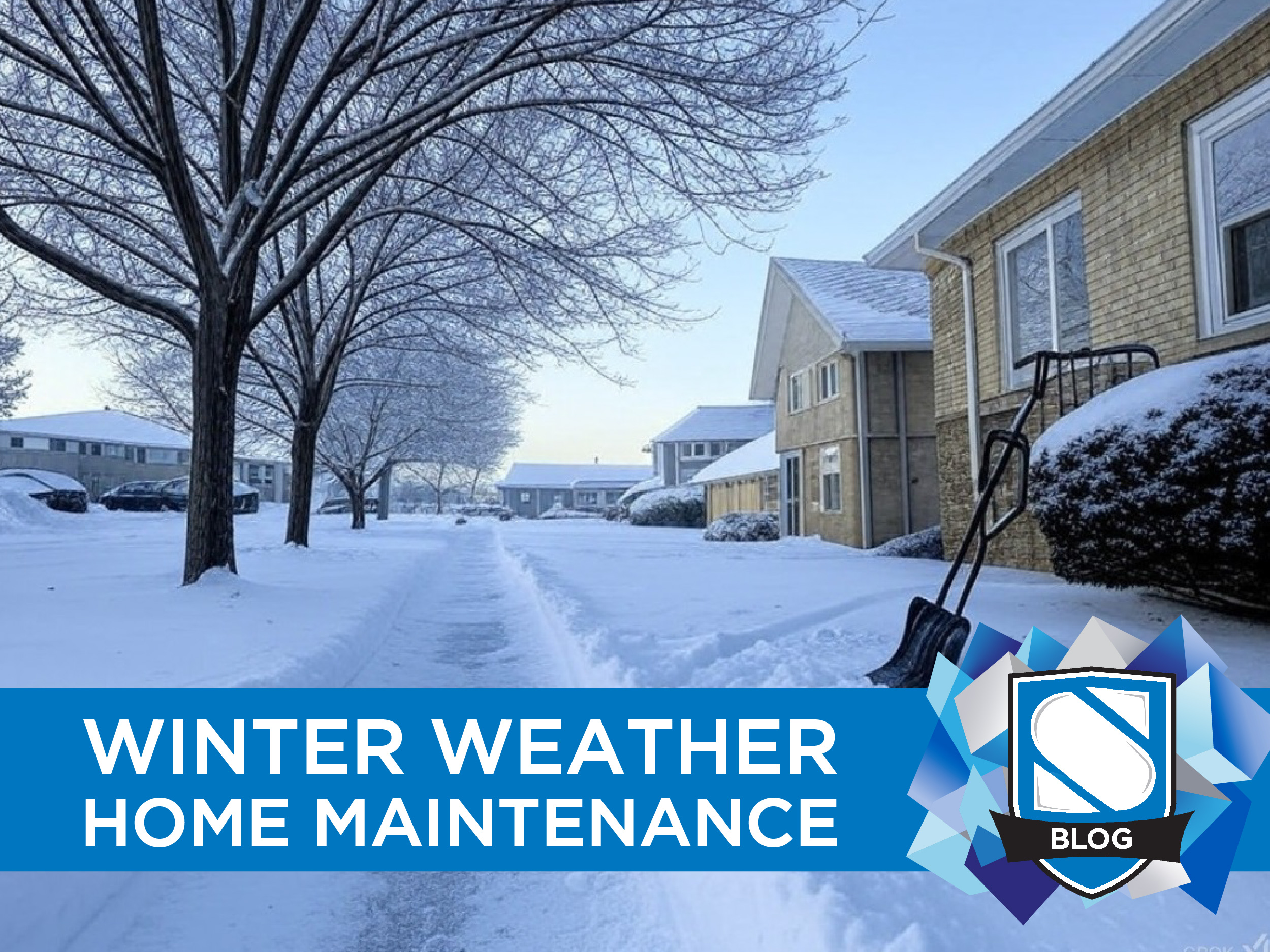
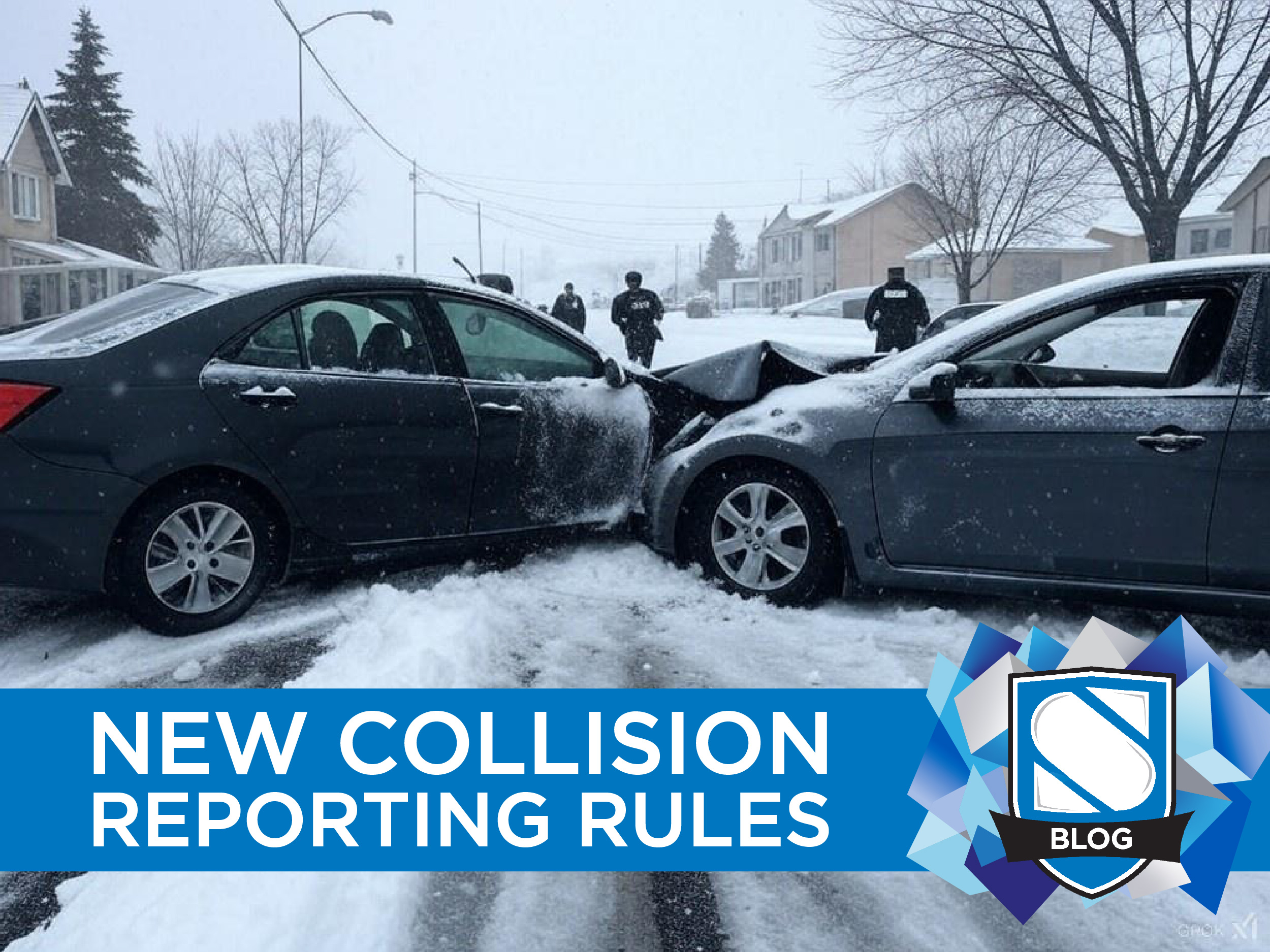

0 Comments